Shannon Deery: Similarities between 1999 and 2022 election campaigns can’t be ignored
As Daniel Andrews eyes a third term, there are striking parallels to be drawn between Jeff Kennett’s 1999 loss and the upcoming November election.
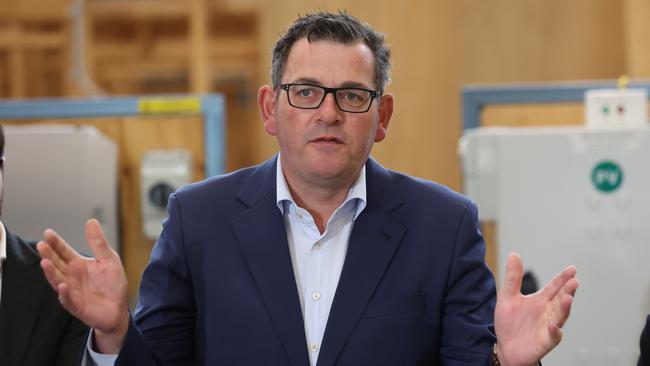
Opinion
Don't miss out on the headlines from Opinion. Followed categories will be added to My News.
It’s been 23 years since Jeff Kennett lost the unlosable election.
As Daniel Andrews eyes a third term in power, there are striking parallels that can be drawn between Kennett’s 1999 loss and the upcoming November election.
A dominant and polarising Premier, a health crisis, resignations of senior ministers, an Opposition that seemingly can’t win, and the spectre of minority government.
Like Andrews, Kennett was vying for a third term in office.
There was no one — not pollsters, pundits nor public — who expected the then Opposition, led by Steve Bracks, to snatch victory.
Two weeks out from the election 81 per cent of voters believed Kennett would retain office.
He went into the race with a healthy margin of 13 seats.
Andrews currently has an 11-seat buffer.


Both Labor and the Liberal Nationals came up short of a majority on election day, meaning three independents became the kingmakers.
In the end, it took more than a month for a result to be delivered, after Labor coaxed the three independent MPs to back Bracks and help him form a minority government.
History has a way of repeating itself, which is why the parallels between 1999 and 2002 can’t be ignored.
POLARISING PREMIERS
They’d hate to admit it, but there are striking similarities between the presidential-style characters of Jeff Kennett and Daniel Andrews.
Dominant, polarising, power-centric, strong and autocratic.
Like Kennett, Andrews enjoys the highest national profile of his contemporary Premiers.
Watching a Kennett press conference was once likened to watching a “masterly soft shoe shuffle”.
“It is a sight to behold—Kennett in command—instructing, amusing and sometimes intimidating a room full of reporters... the Premier is a formidable figure...”
Some would argue Andrews has modelled himself on the man.
Given he was at university and then starting out his political career during Kennett’s time at the helm, it’s conceivable the Liberal leader had some influence on Andrews’ own style.
Like Kennett, Andrews has also run a radical government.
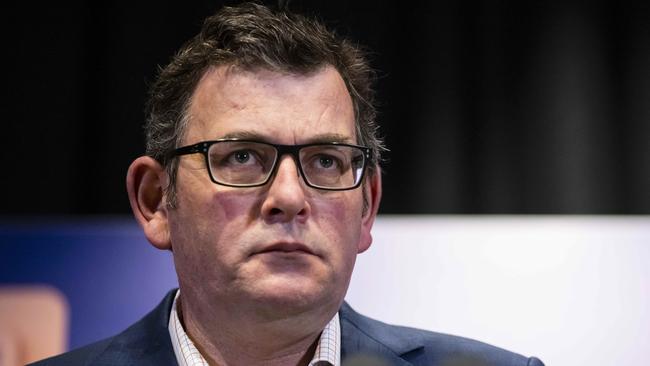
But where Kennett steamrolled his way through the privatisation of major state utilities, slashed the public service and cut social spending, Andrews has bulldozed his way through a socially progressive agenda and big build bonanza with a deft disregard for fiscal constraints.
And Like Kennett, Andrews has also taken a hit to his popularity in his second term.
While not often reflected in public polling, there is no argument among Labor insiders who say there is an anti-Dan sentiment that has emerged as a result of his pandemic response.
Some Liberal polling now has Andrews’ net approval at minus 15 in some seats.
It wasn’t until the last weeks of the 1999 election campaign that voter sentiment shifted.
Repeated in November, that could have a devastating impact on Labor given some polling shows a quarter of all voters remain undecided.
HEALTH CRISIS
Health has emerged as the dominant issue of 2022.
In 1999 it was also a central election issue.
The waiting list for treatment in Victorian hospitals had blown out to 33,555, an increase of 3600 over the past year.
The figures showed a 30 per cent rise in the number of patients on waiting lists since the Kennett government came to power in 1992.
Waiting lists at the Monash Medical Centre and Frankston Hospital had more than doubled in the past seven years, while patients were being left on trolleys in hospitals.
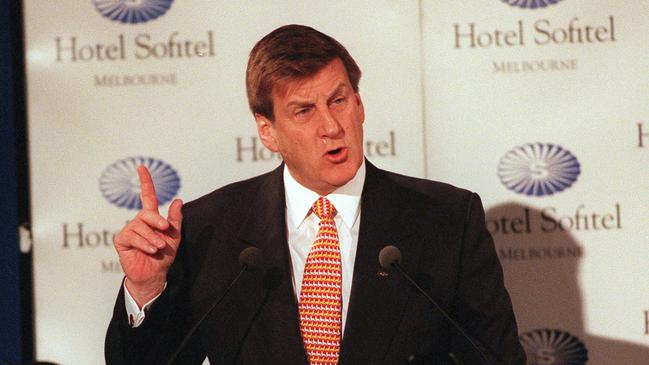
Today Victoria’s health system is again in crisis, with the opposition blaming the government’s mismanagement of the sector since 2014 for pushing it to breaking point.
Almost 90,000 Victorians were now waiting for critical surgery, while fewer than two in three ambulance call-outs arrived within the target 15-minute time frame.
The majority of calls to triple-0 were not being answered on time and ambulance ramping at hospitals remained a critical issue.
A damning Inspector-General for Emergency Management report released on Saturday highlighted the true extent of the problems plaguing the triple-zero operator, ESTA.
It showed at least 33 deaths are now linked to triple-zero or ambulance delays while only 39 per cent of emergency calls were answered within the target 5 second timeframe in January 2022.
MASS RESIGNATIONS
Just four months before the 1999 election, Jeff Kennett announced treasurer Alan Stockdale, and senior ministers Phil Gude, Marie Tehan, Jan Wade, Bill McGrath, Tom Reynolds and Speaker Jim Plowman would resign at the election.
In June four of Andrews’ most senior ministers – deputy premier James Merlino, health minister, Martin Foley, police minister, Lisa Neville, and minister for tourism, sport and major events, Martin Pakula – all announced they too would call it quits.
Add to that the retirement of veteran MP Richard Wynne and former Attorney-General Jill Hennessy (who was once tipped as a future Premier herself) and Andrews, like Kennett, has lost six key colleagues.
While the depth of experience lost is irreplaceable in the short term, it does actually offer Andrews the ability to present a clean slate.
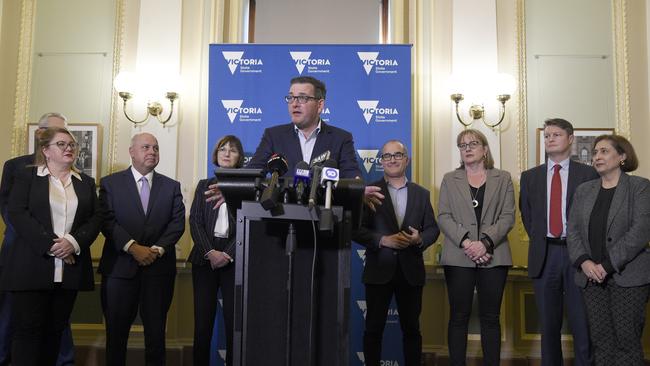
Given Merlino, Foley, Neville and Pakula were all part of the government’s Covid crisis council, Andrews has lost almost anyone connected in any real way to his pandemic response.
Which is ideal, given Victorians don’t want to be reminded of it.
And the government doesn’t want Victorians reminded of record lockdowns or the failure of hotel quarantine in this state which has been blamed for Covid-19 leaking into the community and leading to more than 800 deaths.
WEAK OPPOSITION
So unprepared was Labor for government, some of the new Bracks ministry were sworn into executive office before being sworn in as parliamentarians.
Some thought Labor might actually lose seats.
And like Guy, polls showed a level of community ignorance of Bracks, the new leader of the opposition.
So certain was the outcome of the 1999 election, Bracks’ own speechwriter didn’t bother preparing notes for a victory address at the Labor function on election night.
There’s no one in Liberal circles preparing victory speeches just yet.
But they shouldn’t disregard the notion of being able to form a minority government.
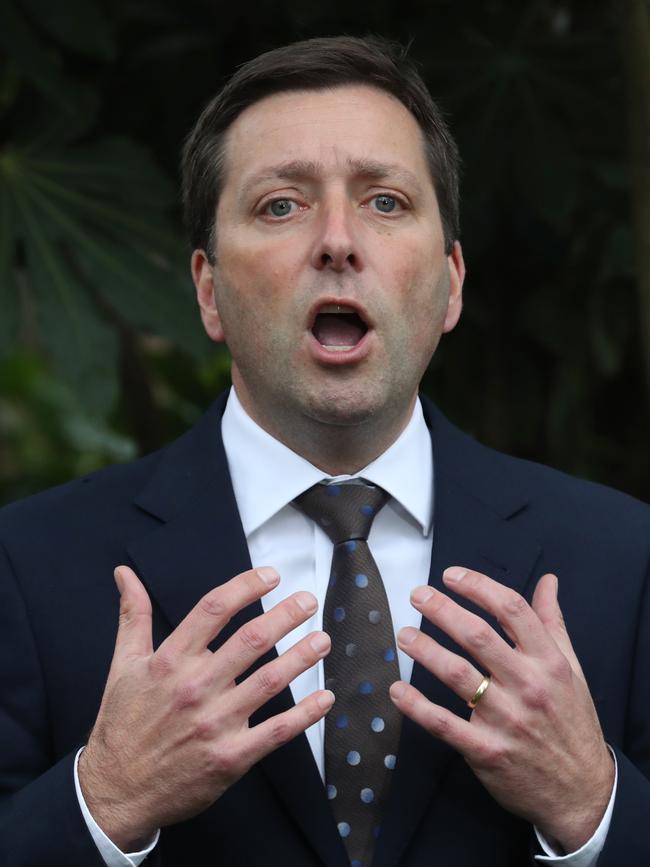
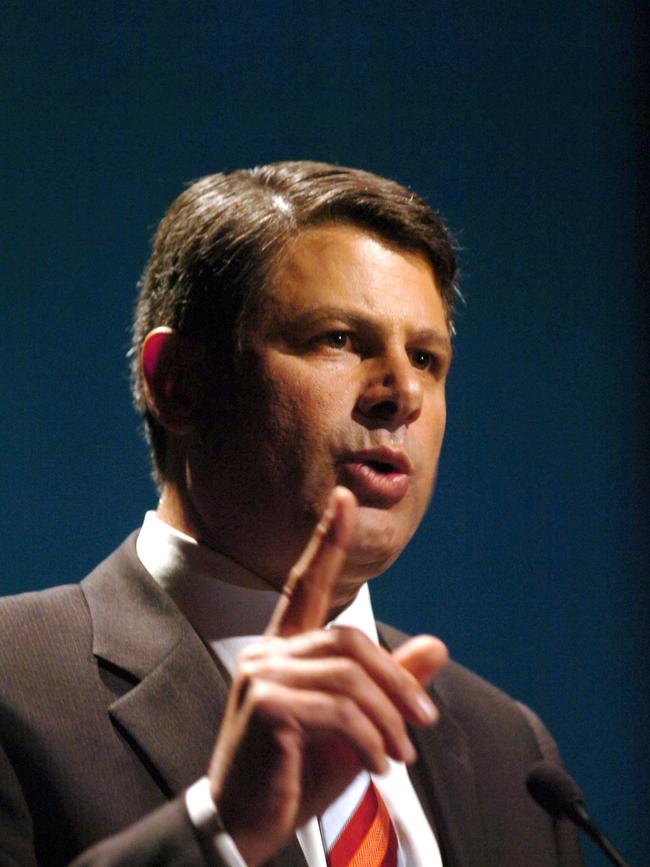
Lots of things — well, everything — would have to fall in their favour, but there are many unknowns to play out.
There is of course one striking difference between the pair.
The opposition leader facing off against Kennett was fresh and untainted by the party and the baggage of years in opposition.
The same can’t be said of Matthew Guy, whichever way you look at it.
There was a reason Labor dumped John Brumby so close to the ‘99 election.
Shannon Deery is Herald Sun state politics editor



